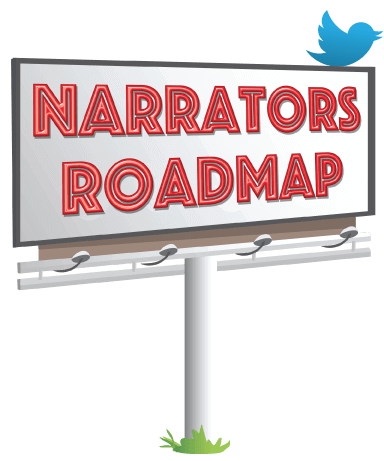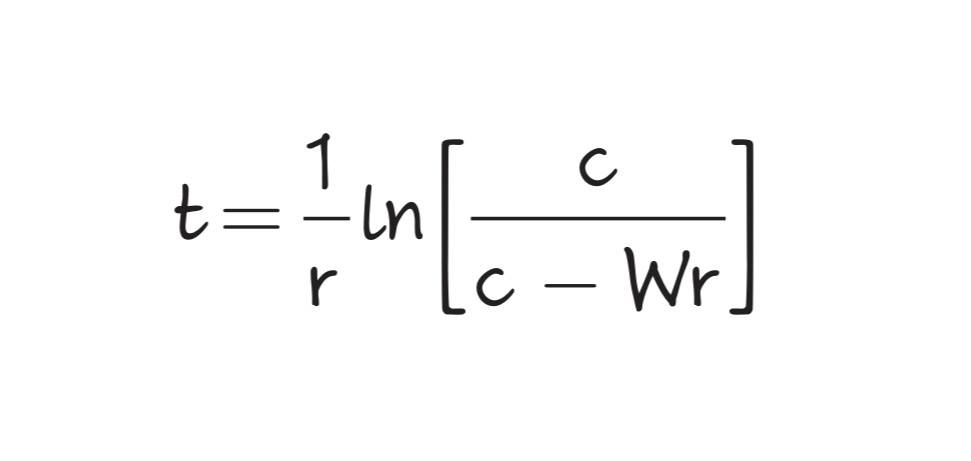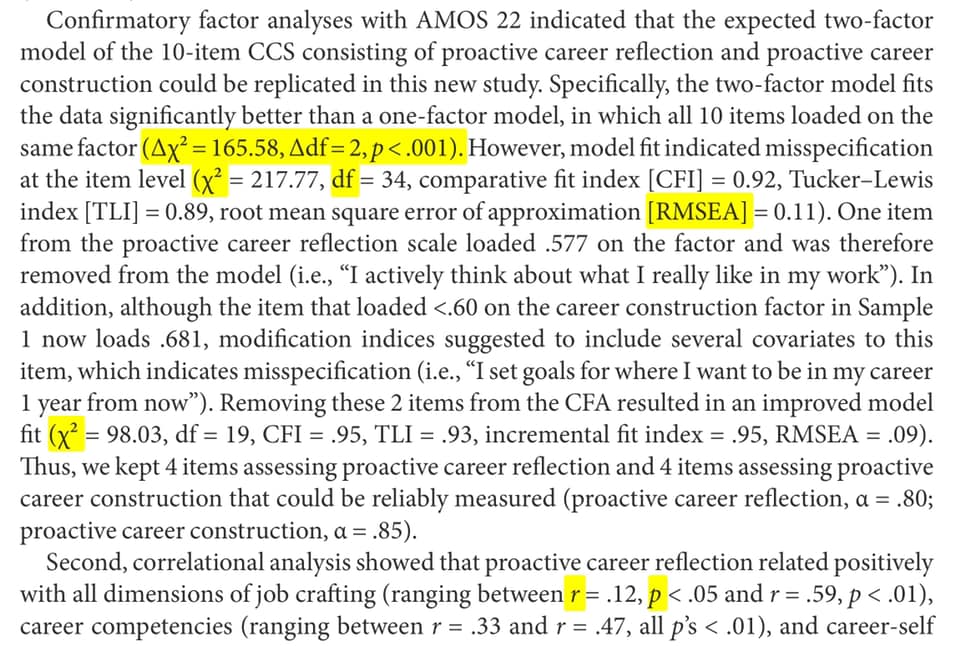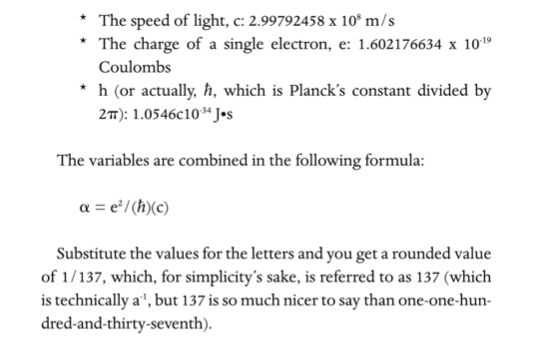Incorrect pronunciations immediately take the audiobook listener out of the story. As you can see in the results from this Google search and this one of Audible.com reviews, listeners frequently leave very negative comments discussing the narrator’s mispronunciations. Numerous threads about mispronunciations on Reddit and Goodreads further emphasize this point.
Pronunciation research is part of our due diligence in completing the project. Therefore, the narrator must take special care to research names of real people and places. In addition, if you’re working directly with the author, you should ask them for any pronunciations of character names and fictional places. Note that If a publisher or producer hired you, you should request permission to contact the author or send your questions to the hiring person, who will act as your intermediary.
Actual place names often have many pronunciations. Albany, GA is NOT pronounced the same way as Albany, NY, as anyone who lives there will quickly tell you!
You should also look up any word you don’t know, including those in other languages. If you only think you know how a word is pronounced, you should look it up. I’ve been surprised more times than I can count!
Many — and in some books, most —of the words you’ll need to find aren’t listed in the dictionary. While no article can possibly tell you how to find every word, this one offers you some established sites and tactics for unearthing the correct pronunciation. I also included some savvy advice and ideas from narrators who responded to my question on Twitter.
Be aware that you sometimes will discover conflicting pronunciations, even between definitions on the same page. You’ll make decisions based on book-based factors like the textual context, author’s style, time period of the story, and dialect of the character.
Keep good records of your research and choices so that you can share your list with your proofer. Save your research for your own future reference, especially if you are doing a series of books. I’ve been surprised to see a word I previously researched show up in a dissimilar book.
Go-to Web Sites
You must be careful which sources you use. Sites with pronunciations created by artificial intelligence are suspect and may yield incorrect pronunciations. For instance, Google Translate doesn’t necessarily speak words with the correct emphasis.
Dictionaries
http://www.dictionary.com — The Library of Congress at one point considered the Random House Dictionary to be the definitive source.
http://www.merriam-webster.com — This dictionary seems to be the favorite among narrators and a definitive choice of producers. However, I’ve also read multiple comments from narrators using Mac computers who wrote that a redirect from this site introduced a virus on their machine. On any site, you should be careful where you click, and close the browser window when you are through.
These dictionaries also display a lot of ads that are such a nuisance! I bought an annual subscription to the M-W Unabridged Dictionary, which eliminates ads and offers 700,000 definitions.
http://www.onelook.com — This site searches through over 1000 dictionaries with one search.
I go to Merriam Webster for US pronunciations, OED or Cambridge dictionary for British pronunciations, FORVO for most other things – and if all else fails, YouTube or Google translate.
— Helen Lloyd🇺🇦🇪🇺🕷️ (@HelenLloydAudio) January 17, 2020
The British dictionaries Helen referenced are:
https://www.oed.com — Oxford English Dictionary (requires paid subscription)
https://dictionary.cambridge.org/us/ — Cambridge Dictionary, which also includes a number of translation dictionaries.
Specialized Pronunciation Sites
http://audioeloquence.com — Narrators Judith West and Heather Anne Henderson have developed this comprehensive site and spent innumerable hours curating and vetting the incredible smorgasbord of specialized pronunciation research sites which are sorted and cross-referenced by topic and language. Most sites include sound clips. Make this site your first stop if you don’t find the word in one of the dictionary searches above. Some of the sites below are listed on AudioEloquence.com but are included here as a quick reference. You’ll want to look under TIPS, TRICKS, TACTICS header near the bottom of the page for some more research ideas that may not be included here.
http://youglish.com — Enter a search phrase, and this site will search the transcripts on YouTube and cue up any videos containing the term at the point where it is said. You also can choose whether you want English from the US, UK, Australia, Canada, Ireland, Scotland, or New Zealand.
You can adjust the speed of each excerpt by toggling the arrows in the lower right corner.
![]()
The site has been expanded to allow you to search in over 15 other languages including French, German, and Spanish. On a desktop, look for the pull-down arrow behind the logo at the top of the screen or the text options in the footer to change your selection.
http://www.forvo.com — Forvo is a pronunciation site of volunteer native speakers in hundreds of languages. The sound quality varies across samples.
Narrator Amy Deuchler comments that Forvo sometimes has another drawback.
I love Forvo because it has *humans* speaking the words, not AI. The site exemplifies that a word can be pronounced differently depending on the region or country. The downside – I have to make a decision on which way to pronounce it! OK to quote.
— Amy Deuchler, @amy_deuchler Twitter 1/16/20 (account since closed)
http://inogolo.com/ — This site provides English pronunciations, usually with audio clips, of people, places, and things.
https://howjsay.com — You can enter multiple words separated by a semi-colon and hear American and British English clips.
https://www.nameshouts.com — You can browse or search boy and girl names and family surnames in a variety of languages.
https://pronounce.voanews.com/index.php — The Voice of America radio pronunciation guide is continuously updated with names and places in the news.
https://www.sos.mo.gov/wolfner/sayhow/a — “You Say it How?” Guide to Names of Public Figures was created for the Library of Congress Talking Book Studios.
YouTube
https://www.youtube.com — Videos are a fantastic source of pronunciations although you’ll find a frustrating number of videos with music and no voiceover.
Since we do a large part of research on YouTube, I want to include a longer explanation for it.
The Youglish site mentioned above apparently doesn’t search every word of the transcript. Also, the word could have been incorrectly spelled in the transcript or is not an English word.
You can type your word in the YouTube search bar and find videos that contain that word. Checking the transcript first will save you loads of time. After you click on the video to go to its page, click on the 3 dots to the right of Save to see if it has a transcript. A menu option to “Open Transcript” will appear only if a transcript is available.
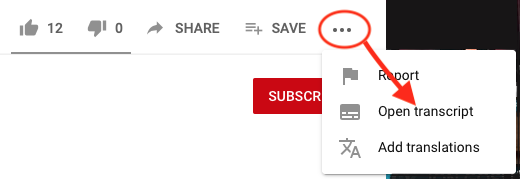
If the video has a transcript, open it. You’ll see the lines are cued with timecodes. Search the transcript with a CMD-F (Mac) or CTRL-F (Windows) to find your word, then play the video at that point.
Google Searches
I often start my research with the simple Google search “pronounce [word]”. Many times, that instruction gives me search results with my word, especially if I view the videos.
If I’m looking for a person’s name, I might Google “pronounce [name] interview” as interviews tend to include introductions. Unfortunately, most TED/TEDx videos don’t include the speaker’s name!
Occasionally I’ve had good luck with this Google search: “how did [historical person] say [his/her] name?”
CITY: If you’re trying to find a city in the United States, do a Google site search across the site City-Data.com like this:
site:city-data.com pronounce [placename]
or
site:city-data.com [placename] pronunciation
The site www.city-data.com holds a comprehensive repository of info about places, including an active forum where locals talk about their city. Many times, they will write out the pronunciation of the place. Click on one of the search results. Once you’re on the page, type CTRL-F (PC) or CMD-F (Mac) to find the reference on the page.
ABBREVIATION: You can Google “[abbreviation] acronym” and see a list of possible acronyms in the results. You also can look in an acronym dictionary like http://acronyms.thefreedictionary.com or http://www.acronymfinder.com.
Google the word plus one syllable of how someone might spell out its pronunciation.
If you’re dealing with a language that is written in characters like Chinese, Cyrillic, or Korean that have been transliterated into English, type the English phrase in Google Translate to get the original language characters. Copy and paste them into Forvo or Youglish to get the source language pronunciation. Thanks to narrator PJ Ochlan for this tip.
Paid Products
If you’re narrating a book that heavily relies on another language, your best bet may be to invest in a specialized product. For instance, The New Lakota Dictionary advertises that it “has over 40,000 example sentences and phrases, each originating from a story or dialogue by a native speaker.”
Other Tactics
Sometimes a phone call will be your quickest and easiest way to learn a pronunciation. Most people responding to such calls are surprised at the request but eager and happy to help you. I imagine that such calls become interesting anecdotes that the person relates to friends or family.
Calling after-hours usually will connect to an outgoing voice mail recording that will include the pronunciation. If you feel shy when someone answers the phone with the pronunciation you’re looking for, you can always respond with, “I’m sorry, I must have dialed the number incorrectly.” 🙂
I often have emailed people using this template message asking them to leave a message on my voice mail with their correct pronunciation. Sometimes they’ll even send an audio clip in a reply message. In either case, I can then add the recording to my pronunciation research in Evernote. Refer to the Resources section below for a video.
Librarians and realtors usually are happy to tell you the pronunciations of street names. Several narrators have told me that hotel employees also are very helpful about local place names. Also, the property tax assessor’s office is a good resource for street and neighborhood names. Some narrators have consulted with a university linguistics department in their research.
If your book mentions a real business name, Google their phone number and call them!
You can Google a town name and usually find a web site for the town. Call the town clerk or the Chamber of Commerce. If the place is in another country, narrator Jim Seybert has this advice:
The aforementioned tools are essential. For hard-to-find words, I’ve called the Tourism office at various Embassies or Consulates. Getting the pronunciation is the first step, teaching my tongue is critical. I trick my tongue by pretending I’m the character.
— Jim Seybert, @jimseybert Twitter 1/17/20 (account since closed)
Narrator Caitlin Kelly suggests another source.
I love Forvo and Youglish BUT I just came across a handful of local street names in Destin, FL for my current audiobook. I’m going to call the vacation rental service we used for a family reunion trip in 2018. Always good to talk to someone on the ground.
— Caitlin Kelly🧜♀️🧚♀️🧝🏻♀️🧛🏻♀️🧙♀️ (@CaitlinKellyVO) January 16, 2020
Narrator Holly Adams has some other inspired ideas:
Like everyone, I use forvo, M-W, etc but for local pronunciations of places, I watch local cable tv interviews & weather, or see if a local has written an article for tourists! Local DJs are great too-the correct pronunciation is also often in a regional dialect😀(ok to quote me)
— holly adams (@hollyshearwater) January 16, 2020
Don’t forget social media in your searches! Facebook allows you to enter the pronunciation of your name. If you use Facebook, I encourage you to take this step. You can also search Twitter and Instagram accounts for the person.
Case Studies:
Sometimes you’ll feel like a private detective and need to think creatively when chasing down a tricky pronunciation. In one instance, I was helping another narrator find an unusual surname of a deceased person who was a celebrity in the first half of the 20th century. His name didn’t turn up in the easy searches with Google or YouTube.
I then Googled “[name] obituary”. I quickly found his 2002 obit in the NY Times and learned the names of his son and daughter. The paper noted the cities where they lived.
A Google search for “[son’s name] of New York” yielded a Whitepages listing for someone in Florida who used to live in NY. I thought he probably was the person’s son.
However, I found the daughter on Twitter and LinkedIn by searching her name.
I also found a nephew on Twitter by searching for the celebrity’s name. The nephew had replied to someone’s tweet and commented that the person under discussion was his uncle. The nephew’s Twitter profile listed his web site address, which showed his phone number and email address.
In a different narrator’s hunt for a celebrity name, I plugged in the name on Twitter and found his daughter correcting someone for spelling it that way! In this instance, the author spelled the name incorrectly, leading the narrator to search for the wrong name..
In both cases, a quick message on social media or a phone call solved the pronunciation question.
Determining pronunciations for historical figures sometimes requires piecing bits together. I couldn’t find a pronunciation for a suffragist who demonstrated in the 1910s for the 19th Amendment to the US Constitution. I scanned numerous articles about her and learned that her alma mater named a hall after her. I quickly found a video made by a student there who said the building name.
When I was narrating Mary Lincoln: Biography of a Marriage, I wanted to verify the pronunciation of a family friend of the Lincolns, as well as the name of a Victorian biographer. I found a family research site that contained the name of the friend. I wrote to one of the administrators who shared the same last name and asked how she pronounced her surname. The biographer had donated his papers to a college, so I wrote to an archivist of the college to get the pronunciation.
Narrating So Big had the challenge of pronouncing many Dutch names of people and cities. Rather than struggling to look up words in a variety of sources, I made a list of them and sent the list to a native Dutch speaker who recorded the words for me. I could play back and practice the pronunciations until they easily fell off my tongue.
Other resources on this topic:
- Narrator and coach Sean Pratt wrote this helpful article on VoiceOverExtra about the pronunciation of abbreviations, acronyms, and letters and symbols.
- I’ve compiled this collection of antique dictionaries on Hathitrust.org. I’ve found them especially helpful for when researching pronunciations of surnames of people in the 1800s.
- The Videos-Production page includes a video that shows how I use Evernote to manage my pronunciation research.
- Narrator Ann Richardson discussed numerous methods for pronunciation research in this article.
- This wonderful interview with AudioEloquence founders Judith West and Heather Henderson has more background about the site, comments about non-helpful online resources, and a few of their case studies.
- APA members can view the 10/18/16 webinar from Judith West and Heather Henderson titled “How to Prepare a Script” and get more research suggestions. It’s filed with the webinars under the Resources tab on the APA site.
- Some specialized books (dictionaries for geography, Biblical terms, and biographies of famous people) for pronunciation research are listed in the Welcome Center.
